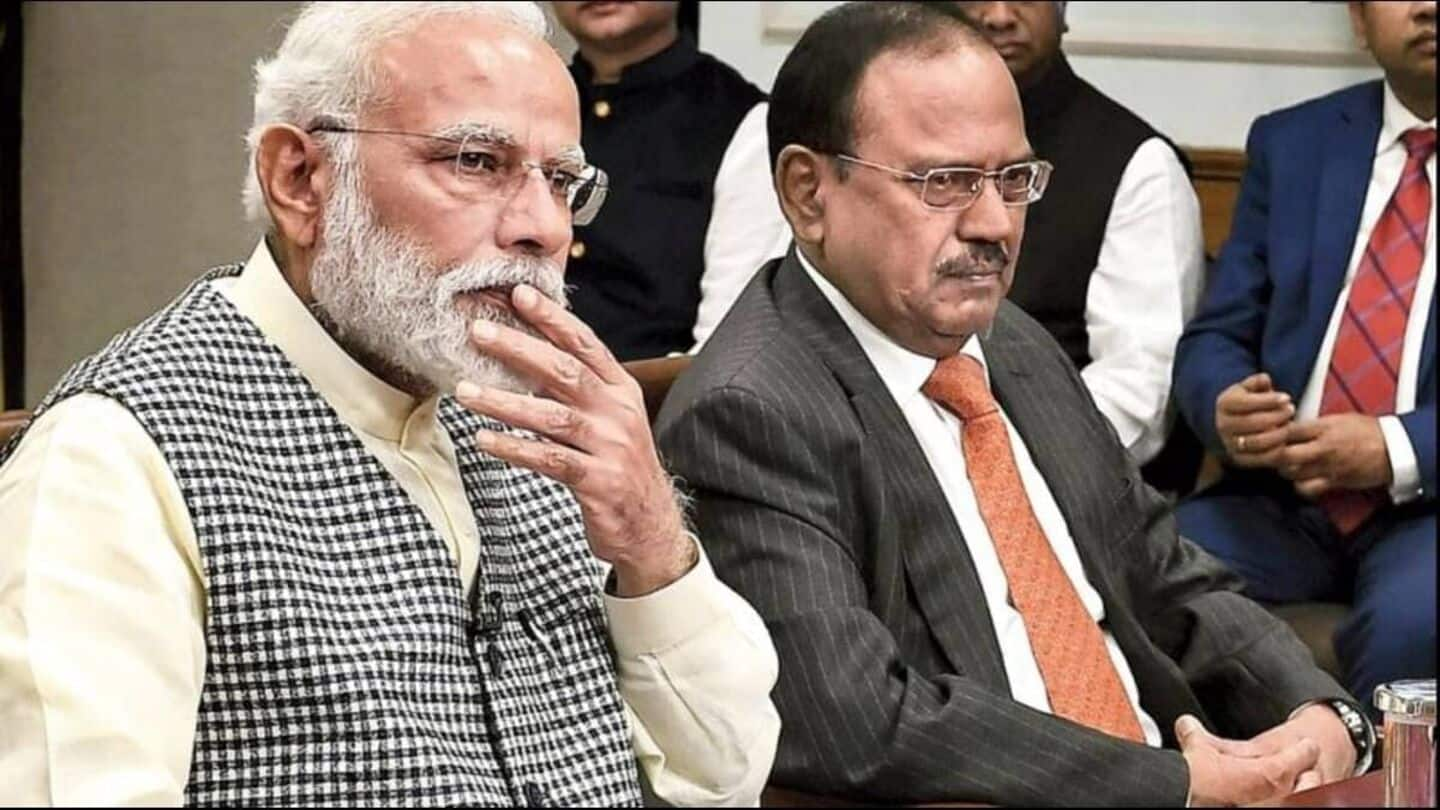
National Security Advisory Board revamped after Pahalgam attack
What's the story
The Indian government has reconstituted the National Security Advisory Board (NSAB) with Alok Joshi, former Chief of Research and Analysis Wing (RAW), as its new head.
This comes in the wake of the Pahalgam terrorist attack that killed 26 civilians, including one Nepalese national.
The revamped NSAB now has six new members from diverse backgrounds.
Board composition
New members bring diverse expertise
Three retired military officers have been inducted: former Southern Army Commander Lieutenant General A.K. Singh, former Western Air Commander Air Marshal PM Sinha, and Rear Admiral Monty Khanna.
Two retired Indian Police Service (IPS) officers Rajiv Ranjan Verma and Manmohan Singh, have also joined the board along with B Venkatesh Varma, a retired Indian Foreign Service (IFS) officer.
Advisory function
NSAB's role and history
Formed in December 1998, the NSAB is tasked with providing long-term analysis on national security issues to the National Security Council (NSC). It also recommends measures or policy options for these issues.
The last board was constituted in 2018 with PS Raghavan as its head.
In the aftermath of the Pahalgam attack, PM Modi has also given the armed forces the complete freedom to decide on the mode, targets, and timing of India's military response.
Modi
'Track terrorists involved till the ends of the earth'
According to NDTV sources, the message authorizes military action against the terrorists who killed 26 people, the majority of whom were civilians.
On Wednesday, he chaired a crucial meeting of the Cabinet Committee on Political Affairs (CCPA). The CCPA, also called the "Super Cabinet," is one of the most influential cabinet committees in India's political landscape.
Modi has vowed to punish and track the terrorists involved in the attack till the "ends of the earth."